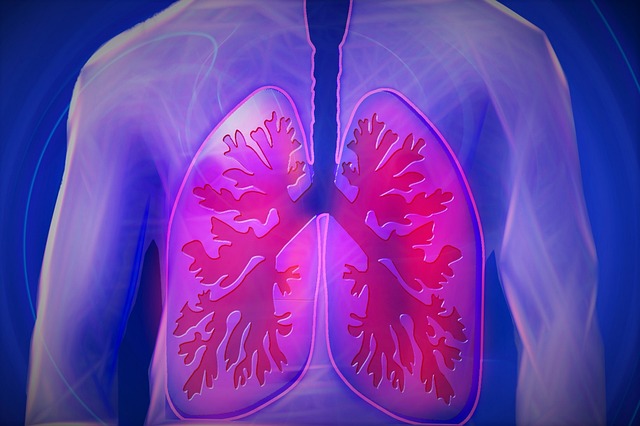Aspirin is widely used for treating headaches but do you know it can also have functional value in relieving your lungs from pollution damage? Recent research by scientists from Columbia Mailman School of Public Health, Boston University School of Medicine and Harvard Chan School of Public Health has revealed the potential aspects of aspirin in reducing the impact of pollution on lungs. The research has been published in the American Journal of Respiratory and Critical Care Medicine.
Pollutants in the air can harm your body by causing severe damage to the lung cells. This mainly includes inflammation and irritation in the cells which can become more serious if not taken care of. It does make sense now why researchers choose aspirin as an agent to curb the menace of pollution. Aspirin is a non-steroidal anti-inflammatory drug (NSAIDs) which has a defensive effect in response to inflammatory reactions in the body.
In the present research, scientists collected the data of more than 2000 male veterans belonging to the Boston area with an average age of 73 years. The functionality of the lungs of this cohort was evaluated to gain better insights for further comparative analysis (since 1960). Moreover, the data for air pollution was also analyzed (since 1955) regularly.
Researchers compared the functionality of the lungs of volunteers under the influence of NSAIDs and those who are not. They observed that the group with exposure to NSAID showed the reduced impact of particulate matter and black carbon on the lungs in comparison to those without NSAID administration. The study also considered other factors such as the health of the volunteers and smoking habits to come up with precise result analysis. The results were found to be consistent throughout the study sessions for all weekly air pollution measurements from the initial day of inspection until the day of the lung function test.
Researchers found that most of the volunteers consuming NSAID mainly used aspirin. This highlights the improved response observed among volunteers can be contributed by aspirin. However, other non-aspirin NSAIDs can also be explored to understand the overall effectiveness and association with a lung condition.
“Our findings suggest that aspirin and other NSAIDs may protect the lungs from short-term spikes in air pollution,” says corresponding author Xu Gao, a scientist in the Department of Environmental Health Sciences at the Columbia Mailman School. He added, “Of course, it is still important to minimize our exposure to air pollution, which is linked to a host of adverse health effects, from cancer to cardiovascular disease.”
The findings support the use of aspirin in overcoming the harm caused by pollution to the human lungs. Though the exact mechanism of working is not yet known, the study paves the path for the researcher to speculate and evaluate the role of NSAIDs in overcoming the inflammatory responses due to severe pollution exposure. Further detailed studies are needed to evaluate the impact and understand the mechanism at a molecular level.

